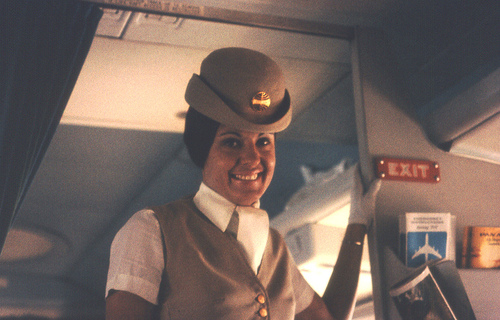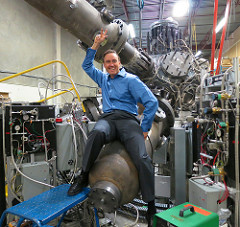Podcast: Play in new window | Download (Duration: 49:56 — 68.6MB)
Subscribe: Spotify | RSS | More


Dave once again forces the group to play a game of questionable relevance to medicine in which his co-hosts ask each other anatomy questions while wearing speech jammer headphones. Corbin Weaver, Matt Wilson, and Issac Schwantes are good sports, however, which is easy for them seeing as how Dave is the absolute worst at talking while wearing the mind-scrambling headset. We also discuss a couple recent examples of bias in medicine, including flight attendants’ response to a young, black doctor’s offer to help a distressed passenger in flight, and Delta’s follow up admission that its policies weren’t helpful. Another example: a recent study that seemed to conclude women were better doctors than men, without addressing other, perhaps systemic reasons for the results. And what can hairdressers do about domestic violence? Illinois lawmakers think they can help quite a bit.
[huge_it_gallery id=”106″]
Listeners, share your thoughts with us each week. Call us at 347-SHORTCT any time, and see our Facebook page for a question to consider every Monday.
Continue reading PIMPing and Jamming, Sexist Science, and Salon Samaritans

















